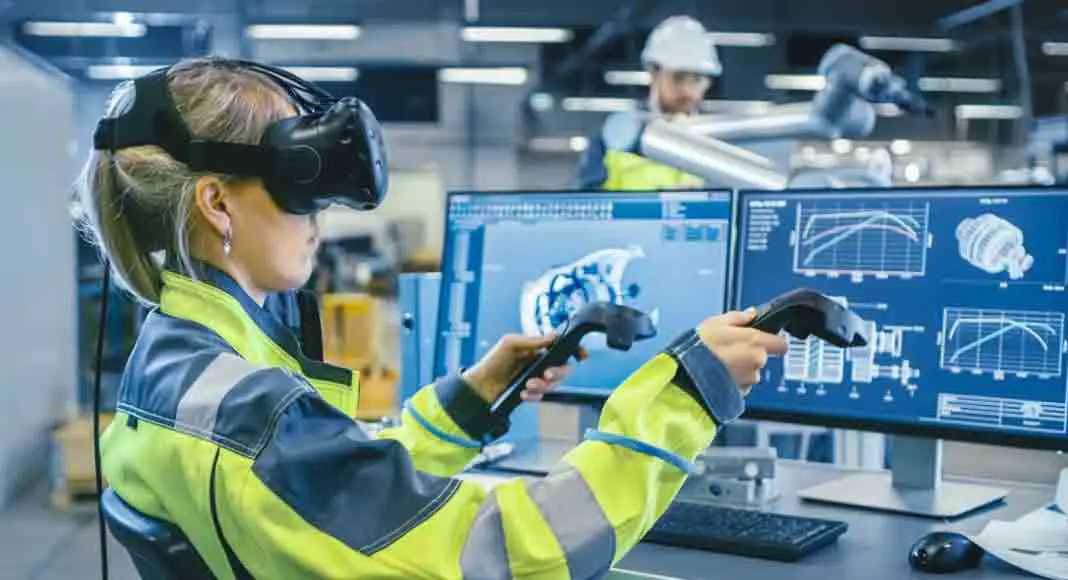Some people still think that virtual reality is only used for gaming and entertainment. It’s not. The technology is now used by multiple industries to streamline processes, reduce costs, and produce better results. The global VR market size is projected to reach more than $12 billion by 2024. Between 2020 and 2027, the VR industry is expected to increase by 21.6% every year.
Increased computing power coupled with new advances in display technology and motion tracking have provided more ways to apply virtual reality. Here are 3 industries that have embraced the immersive qualities of VR to shape their future in unique and interesting ways.
Finance
Some financial institutions are now using VR to explore interactive visual representations of financial information and trends, making the data more digestible. Companies like Salesforce are using Oculus Rift VR headsets to create 3D representations of data. These allow them to examine and track the performance of the investment portfolio.
Citi, a global bank, uses Microsoft HoloLens to sift through vast amounts of data and quickly understand market conditions. Traders can analyze complex data using holographic spheres and manipulate it with hand gestures.
And thanks to virtual reality, companies can see changes that would have required more analysis and interpretation in real time and make crucial decisions quickly. Virtual reality can also modernize the entire banking process, allowing banks to appeal to the younger generation.
Automotive
Automotive companies around the world are taking advantage of the immersive nature of virtual reality to add value to the customer experience. The technology allows designers and engineers to experiment with the look and construction of a vehicle before commissioning expensive prototypes.
Brands like Land Rover, BMW and Jaguar are using virtual reality for early design and engineering checks. They review car designs and vehicle object darkening. Ford’s Immersion Lab unites designers and engineers from different locations, allowing them to work on car prototypes, render early car designs and make modifications.
To enhance the car buying experience, car manufacturers and dealers now offer a virtual online showroom. Car buyers can explore the interiors of the cars, customize them to their liking, or take a virtual test drive with their smartphone. The BMW Virtual Experience provides users with detailed, photorealistic representations of their cars.
marketing ads
In marketing, customer retention and clicks are everything. Marketers are constantly looking for better ways to attract customers. With each passing day, they focus more on the customer and how to improve their experience.
Virtual reality has revolutionized the way companies market products and services. It provides them with many opportunities to attract customers in a unique and memorable way. More brands are turning to virtual reality to add a wow factor to their promotional campaigns and reach people bored with typical advertising.
Lowe’s home improvement stores use virtual reality to market their remodeling services. The technology allows clients to view real-time, interactive representations of their remodeling plans. This increases their interest, making them more likely to obtain the service.
Virtual reality is a flexible technology that provides companies with endless opportunities to develop new solutions and creative ideas. Now it is more affordable and accessible, so more sectors should take advantage of it.
Subscribe to our latest newsletter
To read our exclusive content, sign up now. $5/month, $50/year
Categories: Technology
Source: vtt.edu.vn
